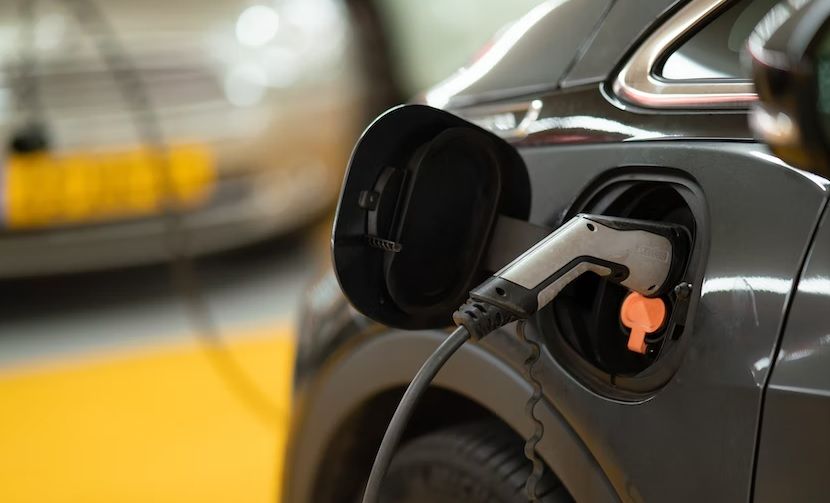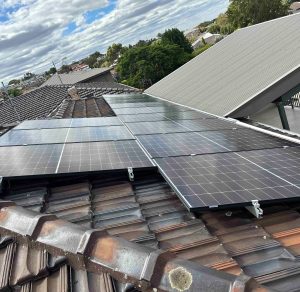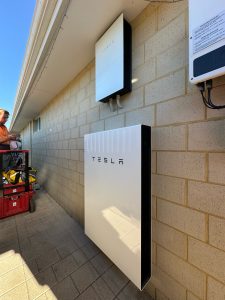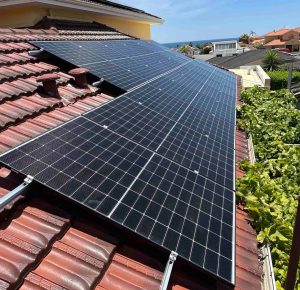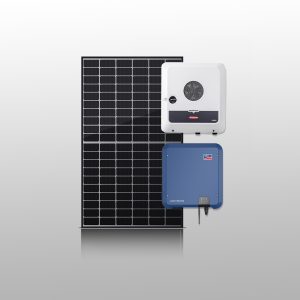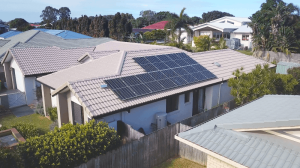Having a home EV charger means you can conveniently charge your electric vehicle at home, rather than having to go out of your way to find a public charging station. This saves you time and hassle and ensures that your EV is always ready to go when you are.
However, there are some preconditions for EV charger installation:-
- The user has control over the electric supply
- Available space for installation
- Quality and cost of installation.
- The cable length can range from 16-25 feet.
Moreover, the best EV charger for the home comes with additional benefits such as safety, cost-effectiveness, and convenience. Below mentioned are the major benefit of home VE Charging
Overall, a home EV charger provides a convenient, cost-effective, and efficient way to charge your electric vehicle, and can be a smart investment for any EV owner. Regenerate response
Smart EV Charger and its Benefits
Benjamin Franklin saw through the power of time when he said that ‘Time is Money’. A home EV charger can save you a lot both metaphorically and literally. Traditional fuel car owners can finally overcome their fear of running out of charge when they need it the most with other benefits:-
1. Optimal use of space
You only need 3-5 square feet of extra area to include a home EV charger in your parking space. It will include the compact level 1 or level 2 charger.
2. Tracking made easy
Smart EV chargers are powered by an application that you can track remotely. Users may track and control the charging in real-time including voltage, duration of a charging session, etc. The mobile app also includes features to identify any technical glitch in the solar battery. These can be downloaded either from Google Play Store or Apple’s App Store.
3. Dynamic Load Balancing
A smart home EV charger is equipped to regulate and monitor any fluctuation in power load that helps EV to charge without tripping. In case of overload and charging two EVs, this feature allows users to charge an EV with priority.
4. Optimise Energy Usage
An EV charger installation is not enough to claim that you have turned green. It is equally imperative to control which type of energy is being used. A smart EV charger lets you control your only use of power generated through solar panels only to charge your vehicle.
Types of EV Charging Connectors
As electricity generated from solar panels cannot be saved in a traditional battery. Similarly, EVs come with different types of connectors that require DC and AC currents to charge. Here are some connectors that may be used with EVs in Australia:
Type 1 Connector
This connector was used by first-generation EVs and supports only AC connectors in Australia having an output of 7.2k kW. It is commonly known as J1772. They are available at JetCharge locations.
Type 2 Connector
Most of the Australian EVs come fitted with Type 2 connectors. It was invented by Mennekes, a German electronic manufacturer in 2013. It supports AC charging through its seven-pin top connectors and can charge an AC up to 22.1kW. It supports DC charging as well with a three-pin connector and can charge an EV at 350kW.
CHAdeMO Connector
It was developed in Japan and supports only DC charging. They can charge as fast as 400kW at peak capacity which the designers are moving up to 900kW. Nissan Leaf is the only EV in Australia that comes fitted with this Type 2 CCS combo. Its name is also quirky as it translates to ‘let’s have a tea’ while charging in Japanese.
Tesla Connector
Tesla connector looks like a Type 2 Mennekes connector, but the catch is, it isn’t! Company’s exclusive design can use a Type 2 outlet but you cannot charge any other EV with its outlet. It can charge an EV on AC at 7.2kW, 11kW, or 22kW and DC at 250kW depending on the type of EV and charging station capacity. However, the limit of DC superchargers in Australia is just 120kW. Tesla Model S, X, and 3 are already using this and the latest model Y will continue to use the Tesla connector.
EV Charger Brands and price
Navigating the home EV charger market can be exhausting as there are so many options. A comparison table may help you in choosing the best EV charger for your home.
| S. No. | Product Name | Product variant | Price |
| 1 | ZJ Beny AC EV Charger | AC EV Charger – Single Phase AC EV Charger – Three Phase | $780 $1000 |
| 2 | Ocular Home | OC20-BC-7.2KW OC20-BC-22KW | $899 $1,200 |
| 3 | Circontrol Wallbox eNext | Wallbox eNext S Wallbox eNext T | $979 $979 |
| 4 | Delta AC Mini plus | AC Mini Plus Single Phase | $1,300 |
| 5 | myenergi Zappi | Zappi single-phase Zappi three-phase | $1,345 $1,645 |
| 6 | Hypervolt Home 2.0 | Hypervolt Home 2.0 Tethered 5m | $1,379 |
| 7 | EO Basic | Basic single-phase Basic three-phase | $1,400 $1,600 |
| 8 | EO Mini Pro 2 | Mini Pro 2 | $1,495 |
| 9 | ABB Terra Wallbox | Terra AC W7 Terra AC W11 Terra AC W22 | $2,000 $2,300 $2,400 |
| 10 | Delta V2X | V2H11A-22 | $12,000 |

